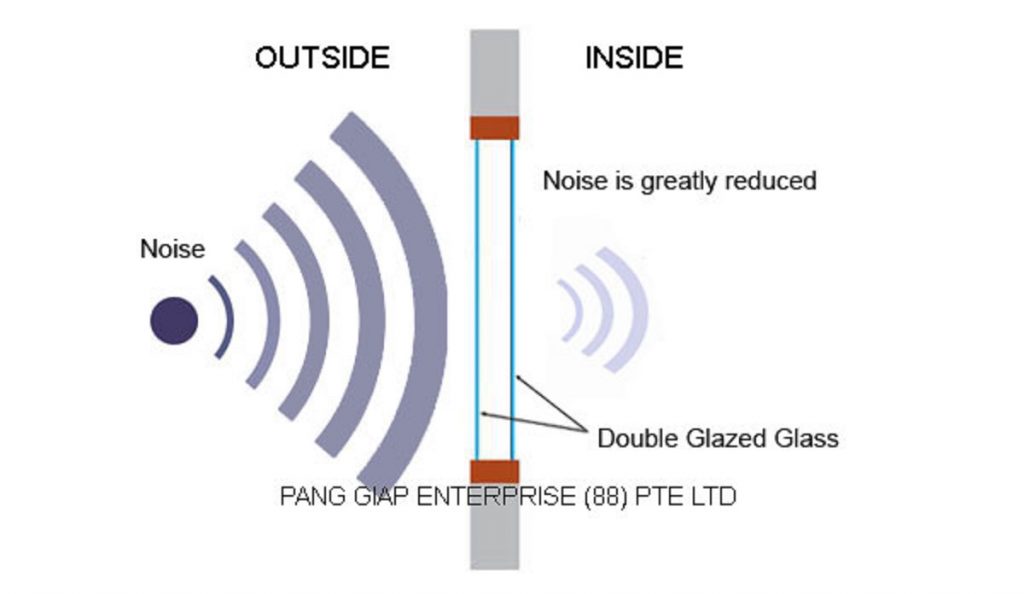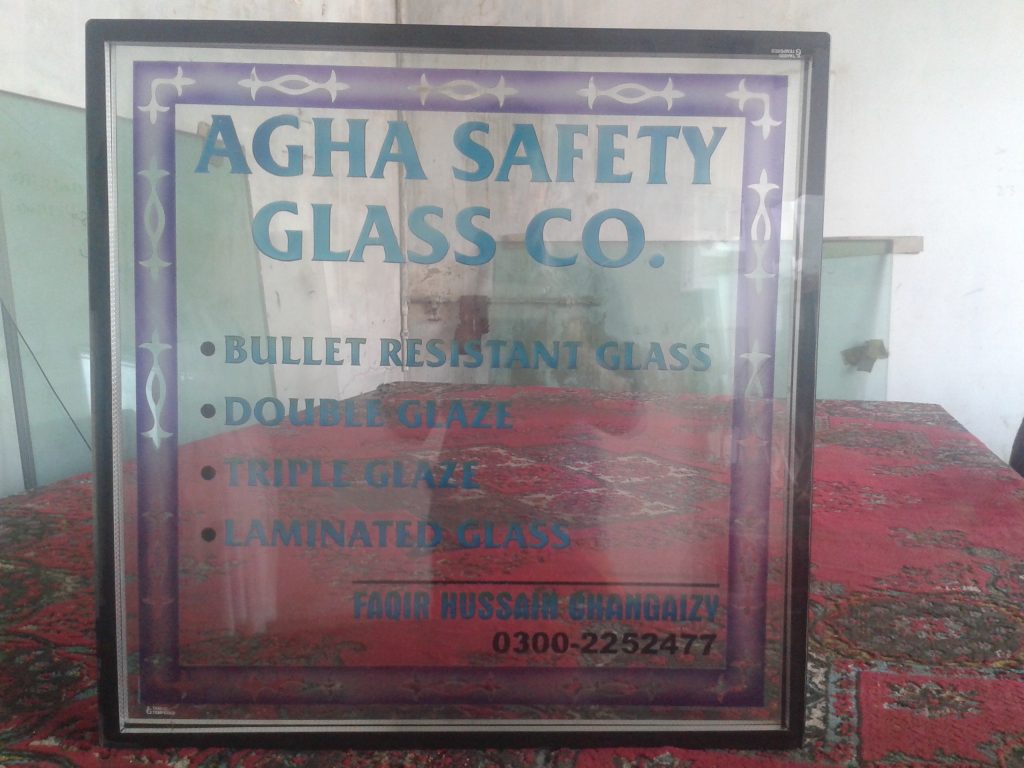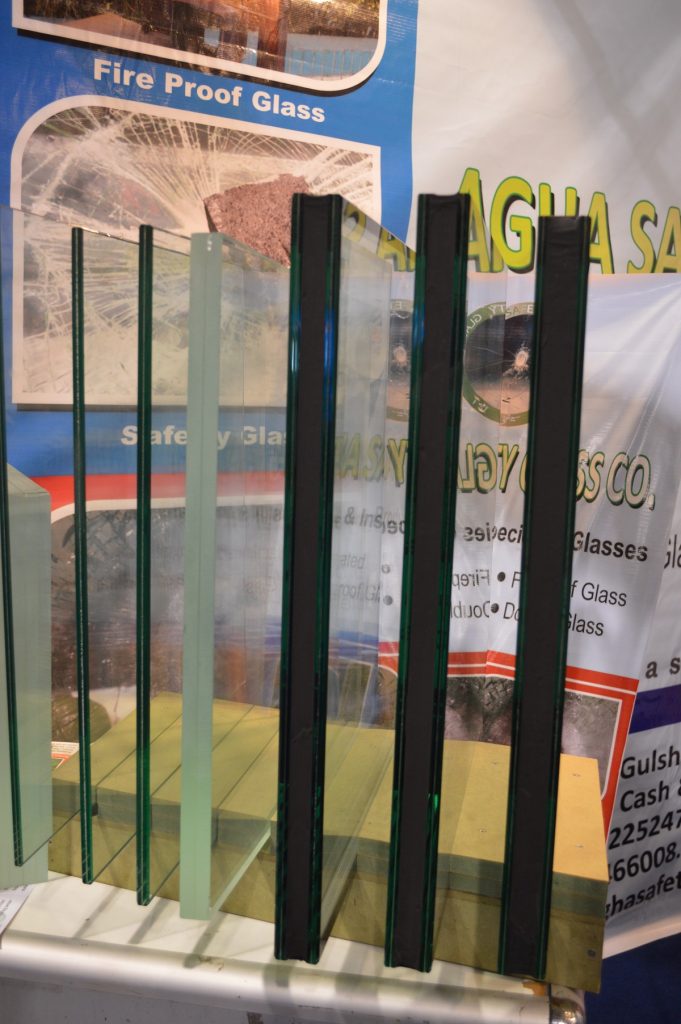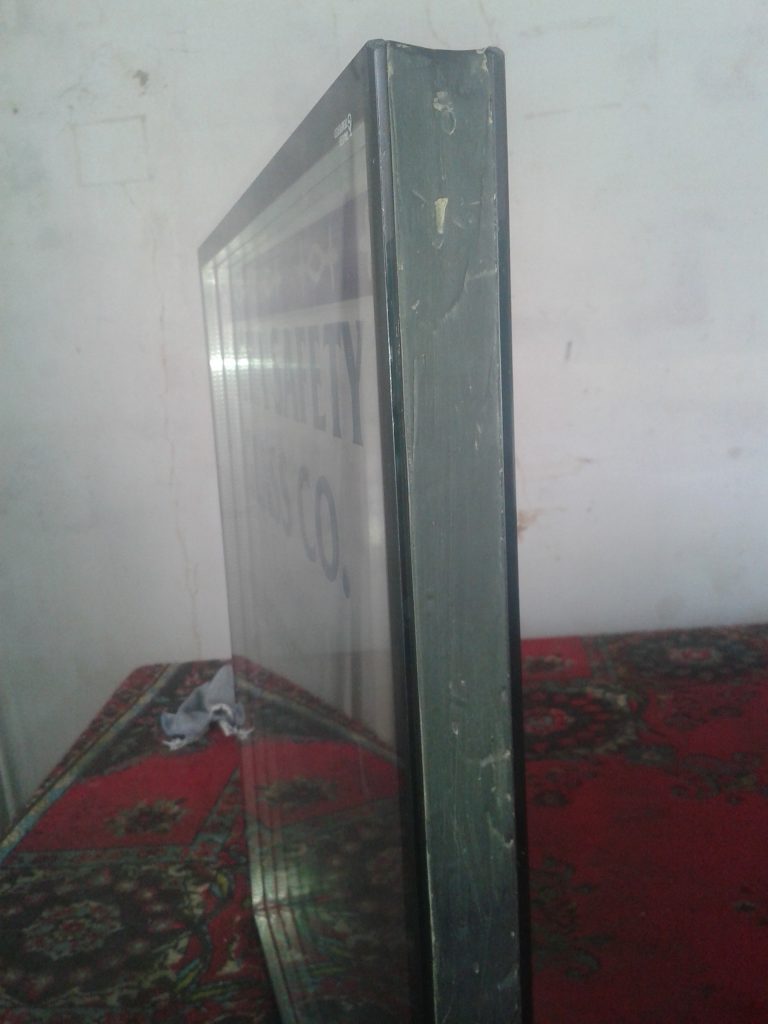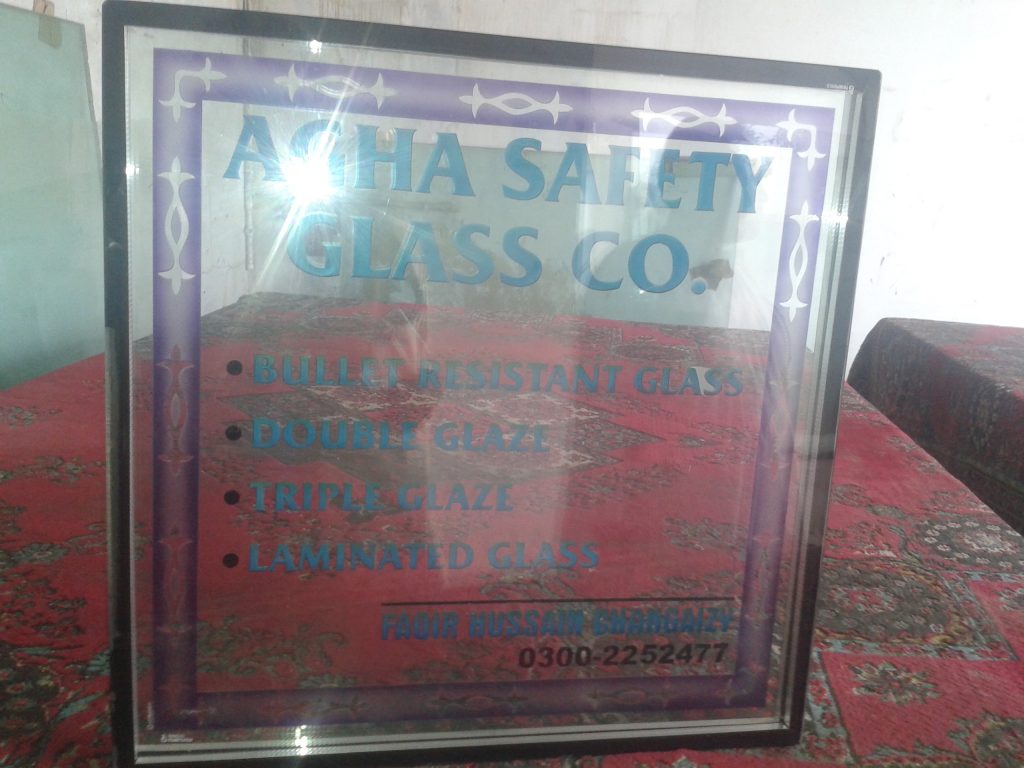Sound proof glass
Double glazed
Double glazed call in other word is sound proof glass this is protect to you and your family from bad noise from outside. Soundproof glass is used to seal off studio recording booths from unwanted noise.Soundproof glass, while perhaps somewhat of an oxymoron, is glass that prevents sound from penetrating from one side to the other. In most cases, people who use this type of glass are those who live near noisy environments, such as airports of busy roads. While glass, in various configurations, may do a good job of preventing sound from getting through, it should be noted that true soundproof glass, at least from a general consumer standpoint, is all but impossible to acquire. There are a number of different ways to make glass soundproof. The first involves simply making the glass thicker, because the thicker the glass is, the stiffer it becomes and, as a natural consequence, less prone to vibration. In such cases, sound is naturally reduced. Another option is to insulate the glass with some other material, or perhaps to just put an empty area in between two panes of glass. A common material used in soundproofing is some sort of lamination. A thin piece of plastic is often placed between two panes, cutting down significantly on the amount of sound that gets through. As an added benefit, this glass also is extremely difficult to break, which provides some security improvements and is even used to meet hurricane building standards in areas prone to the storms. Using this method of soundproofing also helps keep the thickness of the glass to a more reasonable level.
Double glazed
For those interested in soundproof windows, perhaps the greatest indicator of how much sound is actually reduced is the Sound Transmission Class number. This number, for most traditional, single-paned windows, will run somewhere near 27. For double-paned windows, it may be slightly higher, perhaps 28 or 29. Some makers of soundproof glass say they are actually able to achieve a rating of 45 or higher. While this may not sound like much, it means that more than 95% of all sound is prevented from getting through. To make glass completely capable of blocking all sound would be prohibitively expensive and likely not recommended for windows. The glass would need to be extremely thick and would be very heavy, perhaps overwhelming any material used in a typical window frame. The most common place to find soundproof glass is a sound studio, where it is important for music and other types of recordings to have a quiet environment. Even then, the glass is not completely able to withstand all sounds.

